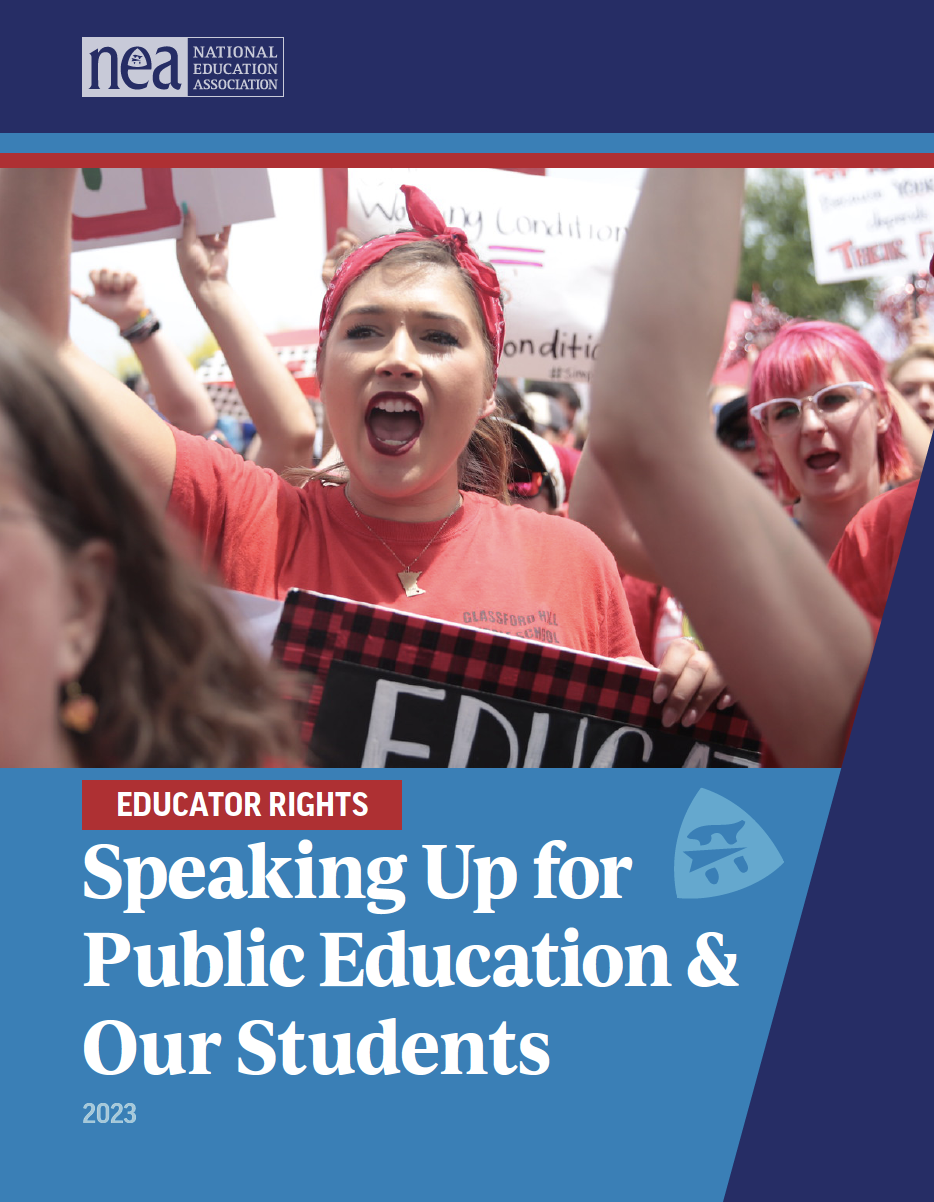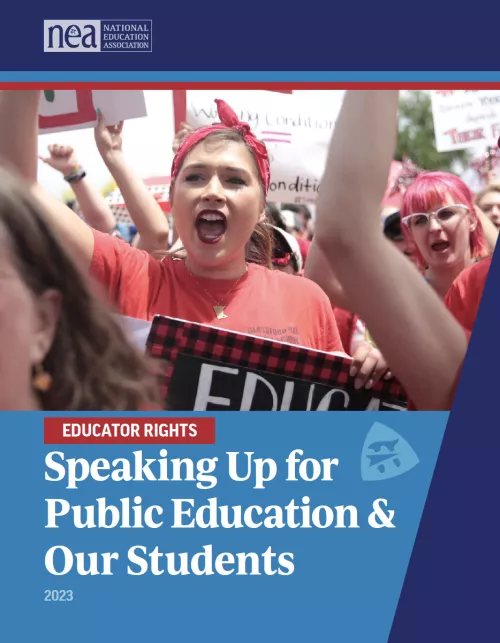Key Takeaways
- Feel confident about your rights as an activist.
- Understand the type of conduct that is not protected and can land you in trouble.
- Deal with public backlash related to advocacy efforts.
Introduction
This guide provides educators with an overview of your rights at school and outside of school to advocate to meet the needs of students and educators and to stand up for public education.
As always, this guide is intended to provide general information. After explaining the general protections that apply, the guide provides ideas and examples of best practices and ways to approach different situations.
For specific advice, you should always contact your local union or attorney.

General Protections for Educators
Federal and state laws provide protections to citizens, employees, educators, and unionized workers.
Together, these protections allow educators to do their jobs without fear of being disciplined unfairly for advocating for students, reporting misconduct, teaching, or organizing to improve working conditions.
But these protections are limited, and only cover educators under certain circumstances.
General information on these protections is available here. More specific examples of how you can advocate within the bounds of these protections can be found later in this guide.
Your Rights

The First Amendment

Reporting Wrongdoing
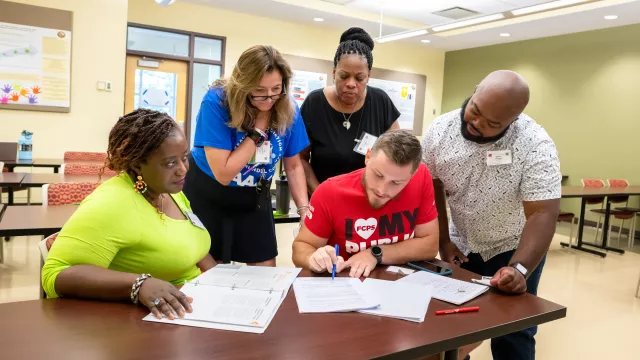
Union Activity & Speech

Teacher Tenure

Your Greatest Protections: Off Duty + Away from School
You have the greatest freedom of speech and other protections when you are advocating off duty and away from school.
When you are off duty, you generally have the same rights as any other person to advocate for your views, support your candidates of choice, march and attend protests, sign petitions on issues you care about, and communicate with your elected representatives about those same issues.
Whenever you are involved in any of these activities, you should be clear that you are speaking and acting for yourself or for your union, not on behalf of your school.
If you are writing something that members of the public might see, for example a letter to the editor or a Twitter thread, include a disclaimer that makes clear you are speaking only for yourself and/or for your union, and not as a school representative.
For example, “The opinions and positions expressed are my own and do not necessarily reflect my school district’s position, strategies, or opinions.”
Your Rights
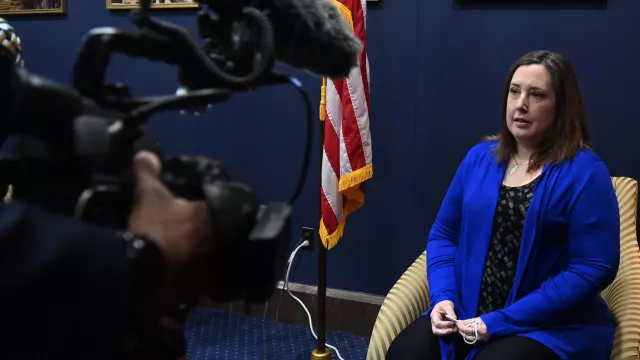
Speaking to the Press

Elections and Politics

Public Testimony

On Social Media
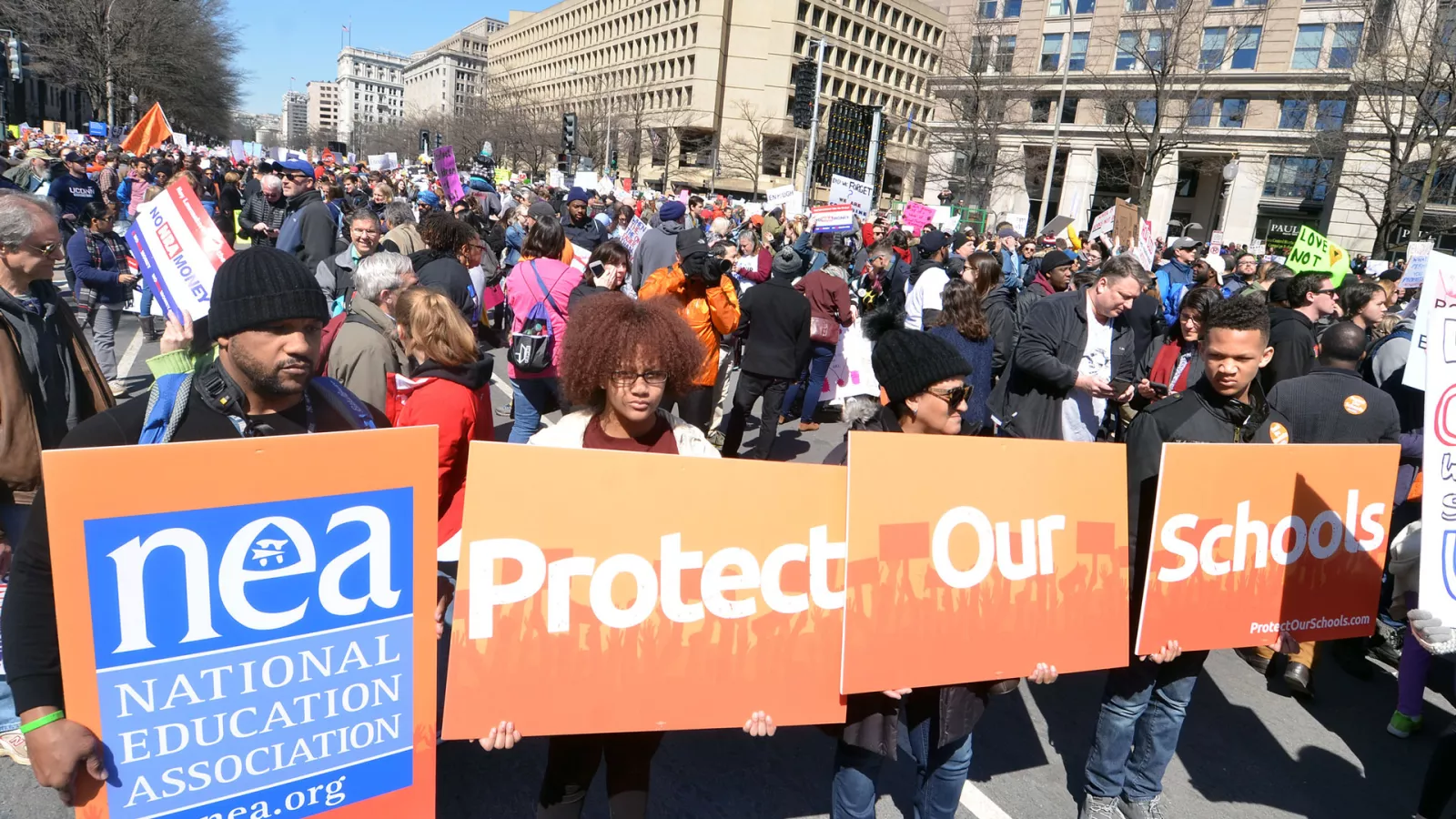
Avoid Political Advocacy at Work
Your speech rights are more limited at school.
As a matter of both federal and state law, public schools have the right to control what their employees say on the job. That is so because when an educator is speaking in their official capacity, people may assume the educator is speaking for the school. State laws and court decisions give schools significant control over speech in schools. Moreover, the school has an interest in controlling its own message.
Schools also have an interest in running their schools efficiently, which means minimizing disruptions and community concerns.
Finally, schools may have an interest in remaining neutral on controversial topics. For all these reasons, you should proceed with caution when engaging in advocacy at school or in your school role. That said, there are still some ways to advocate for your students within the bounds of these constraints.
Your Rights

In the Classroom

Supporting Student Activism

Creating Inclusive Spaces
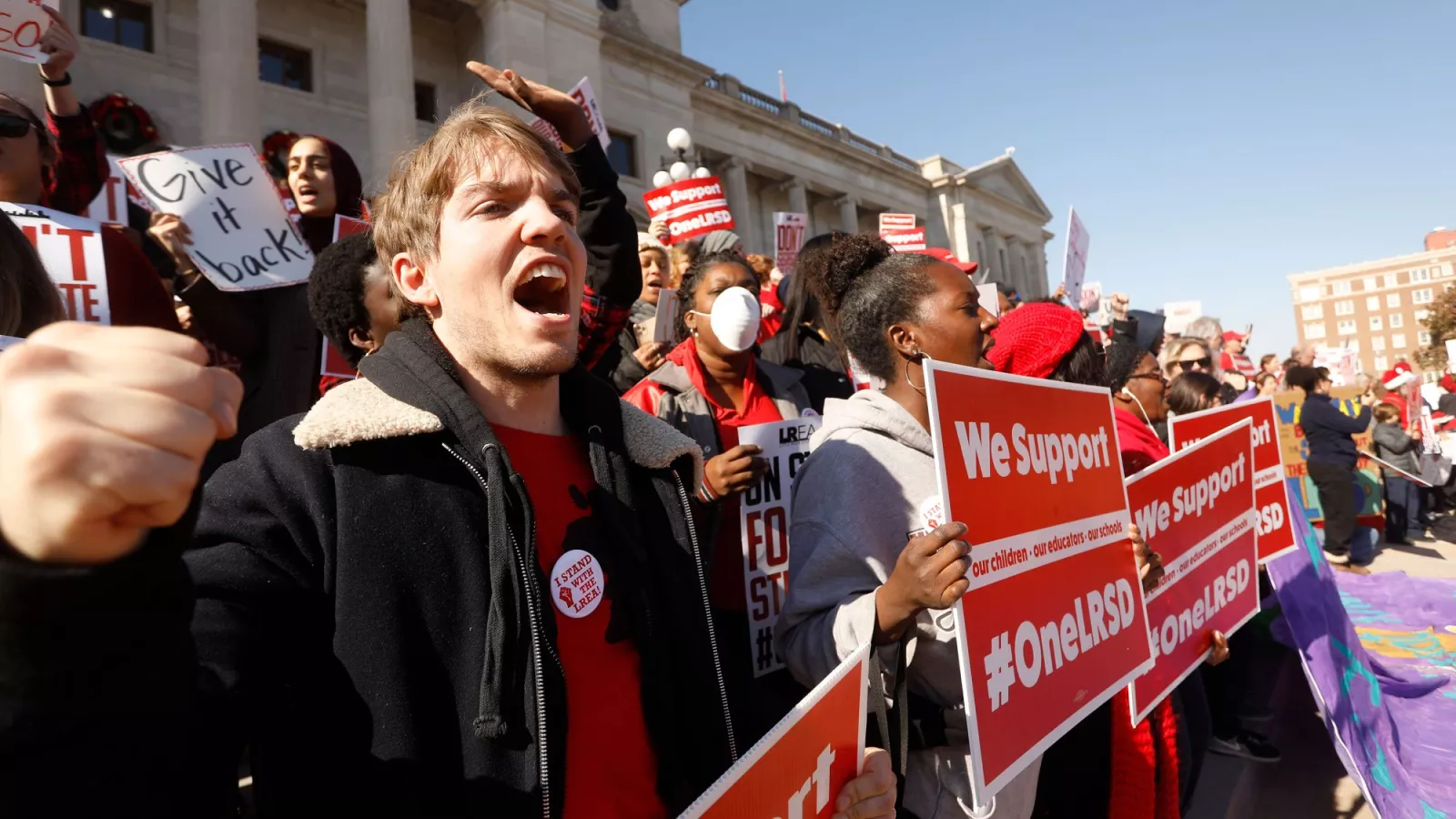
Risks and Potential Consequences
Most of this guide has focused on educators’ rights and the limits of schools’ rights to control their employees in different settings.
The reality is that someone may contend that your conduct may cross the line. Even worse, you may face backlash from the school or community, even when you have complied with all school district policies and are acting within your rights.
Here’s what to expect and how to respond if that happens.
Your Rights

Discipline by the School District

Dealing with Parent and Community Complaints

Handling Harassment

Conclusion
As educators, your work is vital to our nation. Your work builds our future by teaching and supporting students as they learn and grow into engaged members of the community. In that role and in your personal life, you often encounter opportunities for advocacy, some of which are protected and others that may lead to discipline from schools.
In light of recent state laws targeting educators, it is more important than ever that you understand the power you have to advocate for change, as well as how to use that power within the relevant legal frameworks.
We hope this guide helps you in deciding how best to advocate for your students and public education.
As always, if you have legal questions about your specific situation, reach out to your union or an attorney for assistance.
Cite this Report
Speak Up For Students and Public Schools

Respect, Reflect, and Protect SC Students!
Stay Informed We'll come to you
